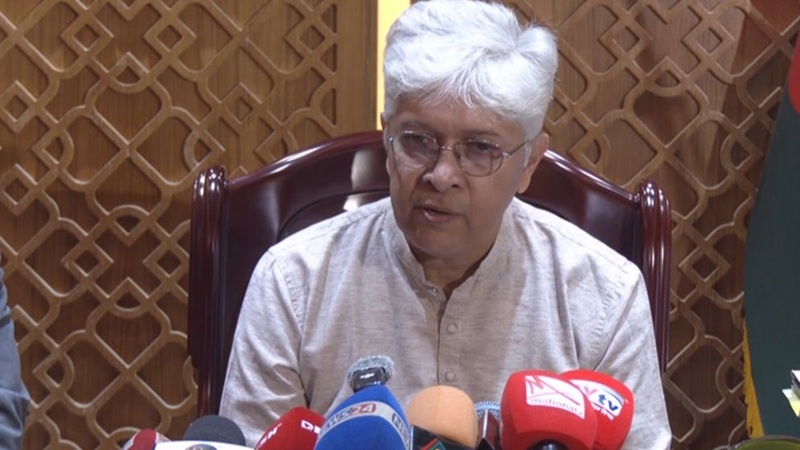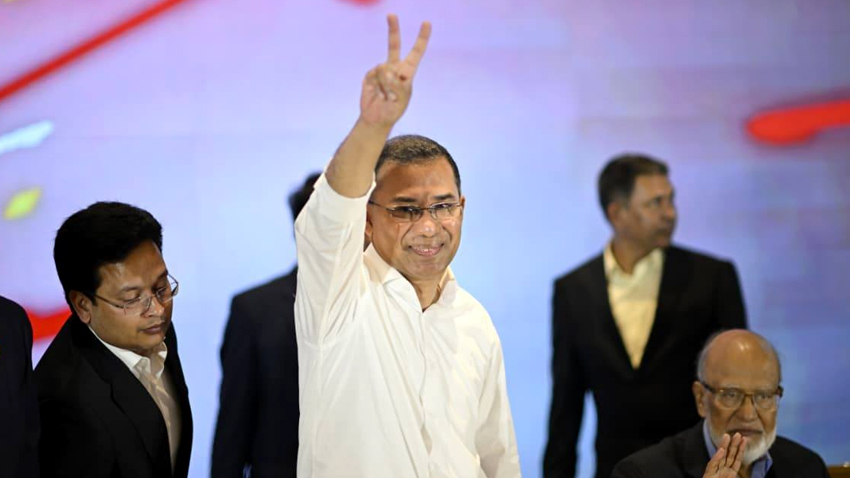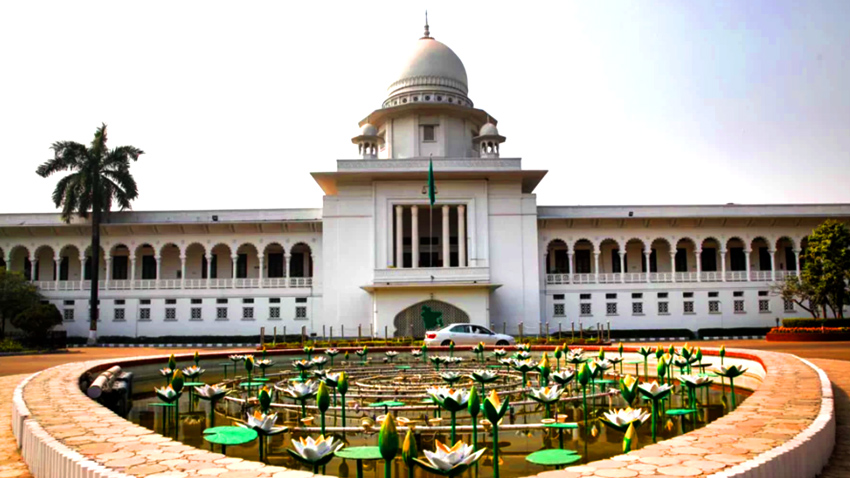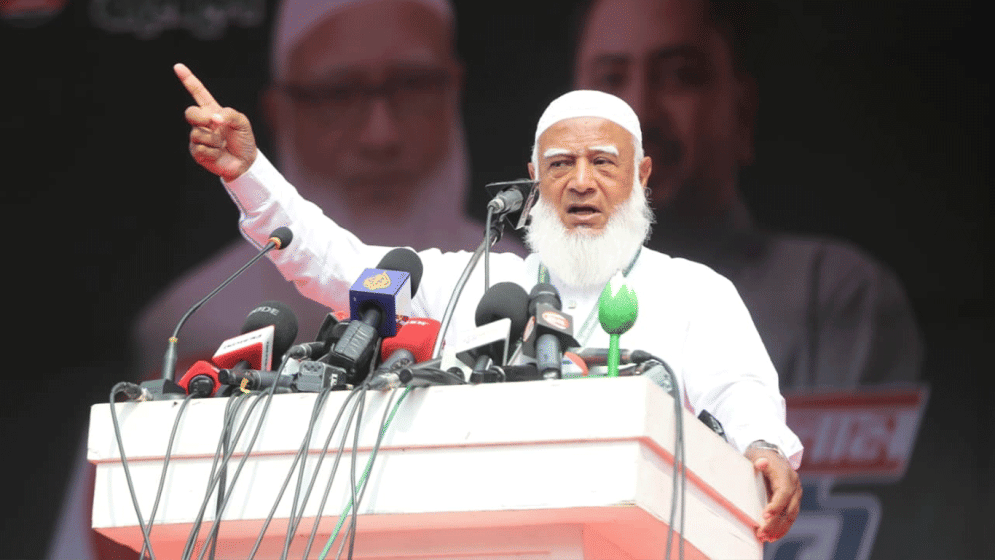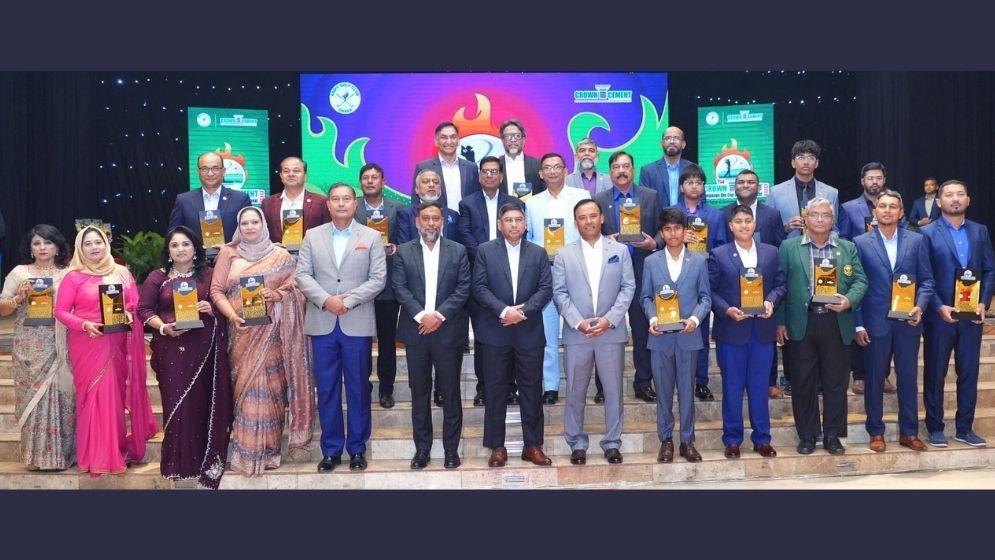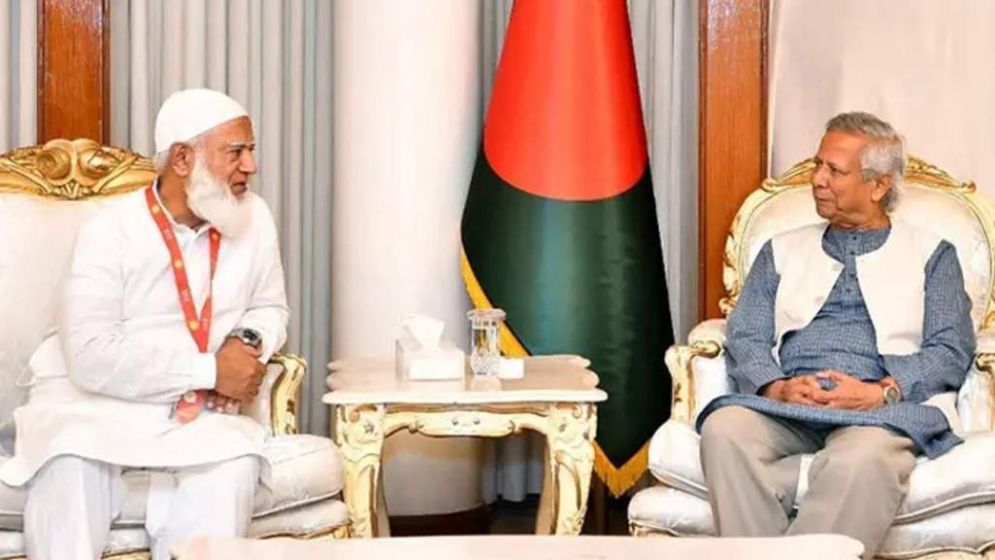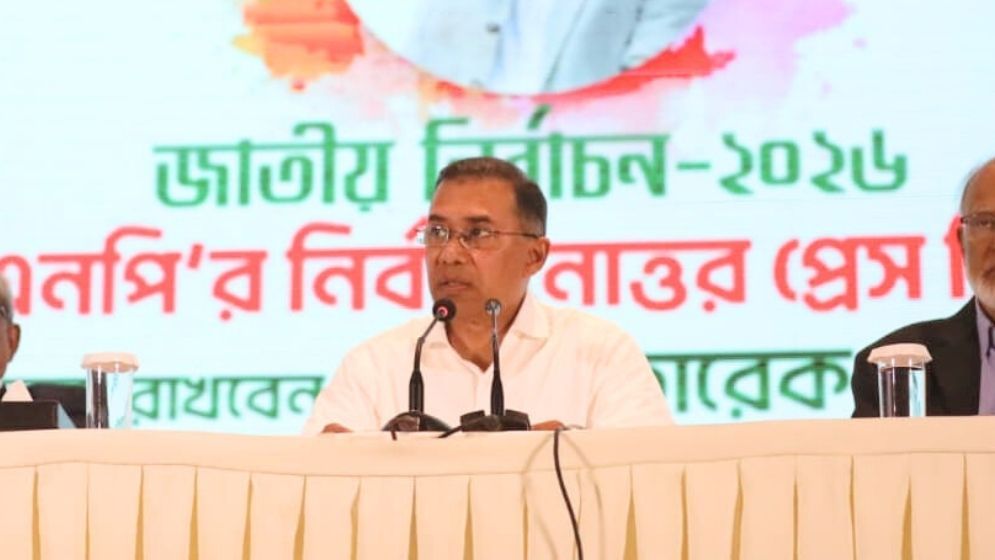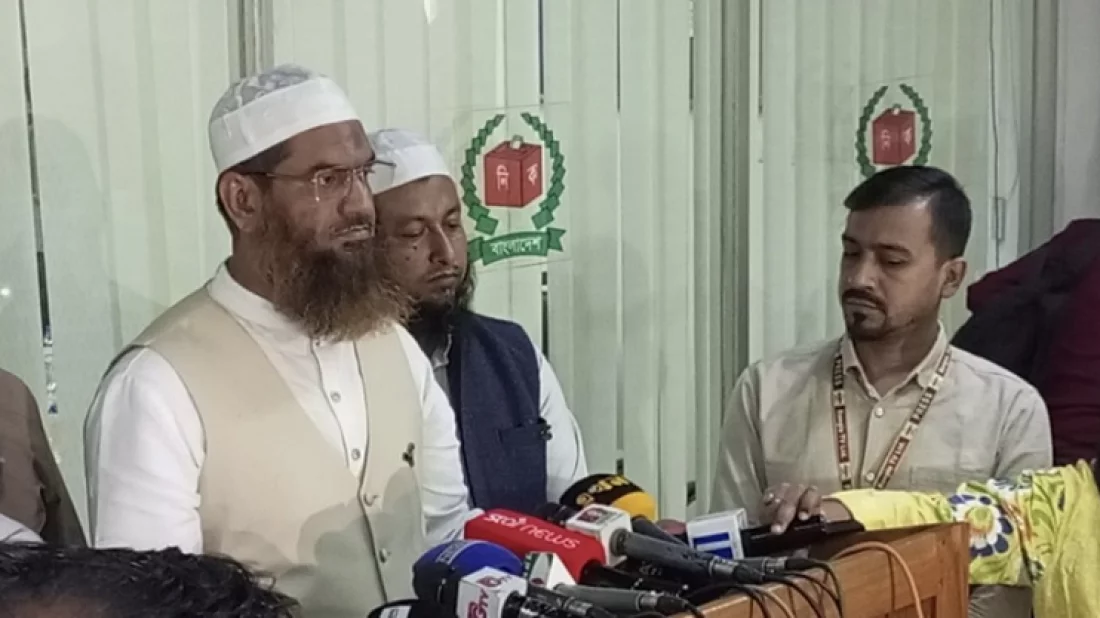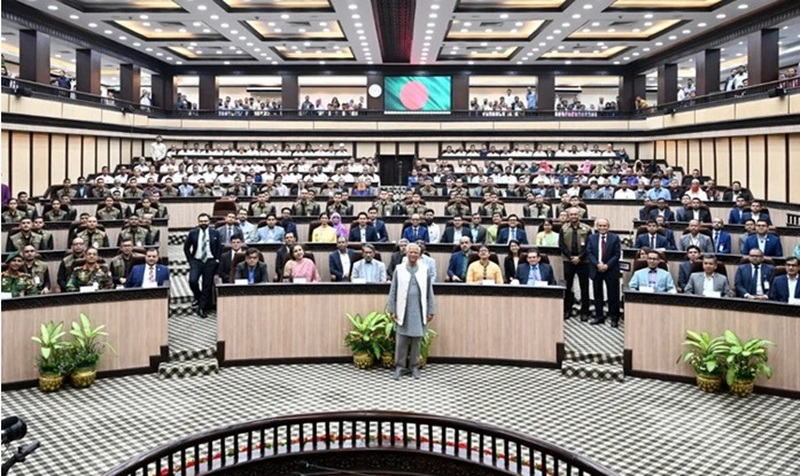Muhammad Fouzul Kabir Khan, adviser to the Ministry of Power, Energy and Mineral Resources, said that the country is currently facing a shortage of primary fuel and renewable energy is the solution to overcome the energy crisis.
Speaking at a contract signing ceremony at the Power Building on Tuesday afternoon, he noted that domestic gas production is steadily declining, with an average daily decrease of 200 million cubic feet per year.
Over the past six months, production has increased by only 50 million cubic feet.
To meet the shortfall, the country is importing LNG, which is highly costly.
Furthermore, LNG import infrastructure faces challenges, and only seven more cargoes can be brought in.
Many power plants are unable to operate due to gas shortages. Producing electricity using imported LNG would cost between Tk18-20 per unit, while industrial consumers would face rates exceeding Tk40 per unit.
He said that the way out of this crisis is renewable energy.
He described this initiative as a matter of national survival that must be pursued. With battery storage absent, the system will be grid-connected, thereby reducing costs. If 3,000MW of renewable capacity is achieved, the country will not need to rely on expensive electricity; otherwise, the electricity supply will remain constrained.
He further said that no other country in the world has such a low share of renewable energy. For comparison, 75% of Sri Lanka’s energy comes from renewable sources.
In response to a question, the adviser noted that solar power is no longer a highly advanced technology. Electricity generation can commence simply by installing solar panels.
He added that, in the past, project durations were repeatedly extended, which increased costs, and expressed the intention to move away from that practice.


 Reporter Name
Reporter Name 



